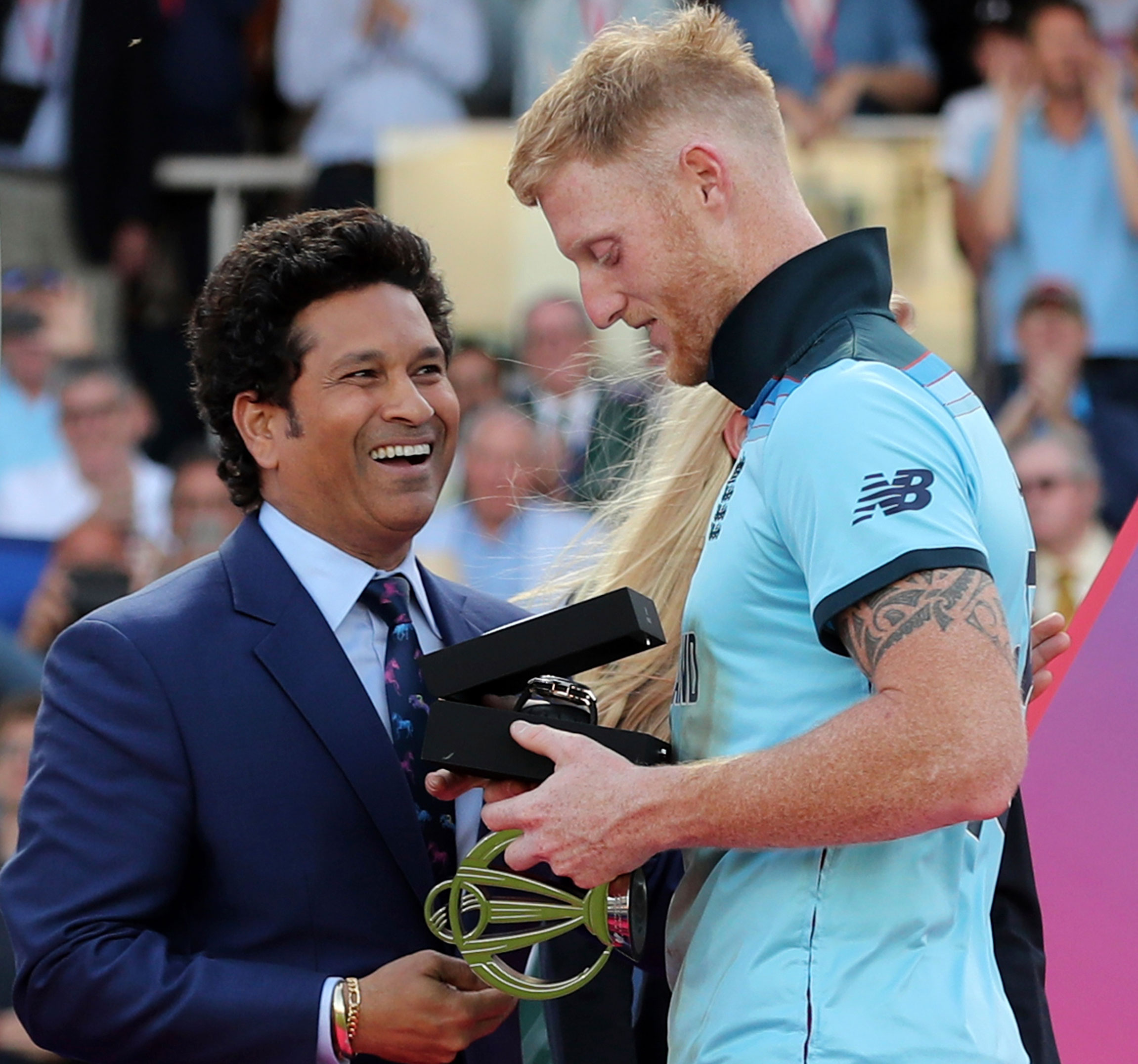What a heart-stopping final!
Match tied, Super Over tied (15 runs for each team)... But the World Cup goes to England for the first time in its 44-year history, thanks to more boundaries than New Zealand.
Never before have boundaries been more precious. England struck 22x4, 2x6; New Zealand had 14x4, 2x6.
It left Sachin Tendulkar repeating “unbelievable, unbelievable” when The Telegraph sought a reaction from the icon.
Sachin added: “This, indeed, has been the most thrilling ODI.”
Introduced for the semi-finals and the final of this World Cup, the rules helped separate the finalists by what former New Zealand captain Jeremy Coney said was “artificial separation.”
Speaking exclusively, Coney argued: “Why not take dot balls into consideration? Why the boundaries? Of course, New Zealand made errors, like not bowling enough slower ones, not enough cutters and bringing on Mitchell Santner far too late.”
“Amazing,” is how Michael Atherton, a former captain of England, put it when congratulated by this Reporter.
In the lead-up to Sunday, the legendary Mike Brearley told this newspaper: “It can be about margins and some luck in finals.”
Oh, wasn’t Brearley right? Margins and luck both came into play at Lord’s.
Former India captain Sourav Ganguly maintained: “No other way than to say unbelievable... Whatever the calculation, skill makes the difference.”
Holding nerve, as well.
After all, had Jofra Archer gone for one run more in the Super Over, England would have been in mourning.
Ben Stokes, once condemned for unacceptable late-night conduct in Bristol in September of 2017, won the Player of the Match award for his 84 not out.
The presentation was made by Sachin.
Stokes had been seeking “redemption.” Fact is he neither disappointed himself nor England.
Just by the way, Stokes is Christchurch born. Which is probably why the loss would be much harder for Kane Williamson and Co. to accept.
Williamson got the Player of the Tournament award. It couldn’t have been any consolation, but he led admirably and held New Zealand’s batting together.
Eoin Morgan, the England captain, didn’t know what destiny had in store. Now he knows.
“Sometimes, it’s about luck and good fortune. It was England’s day,” observed Colin Croft, a member of the West Indies XI which won the 1979 World Cup.
New Zealand tripped at the final hurdle for the second time in succession. Does that pass judgement on their mental make-up?
Perhaps, we need not be harsh.










